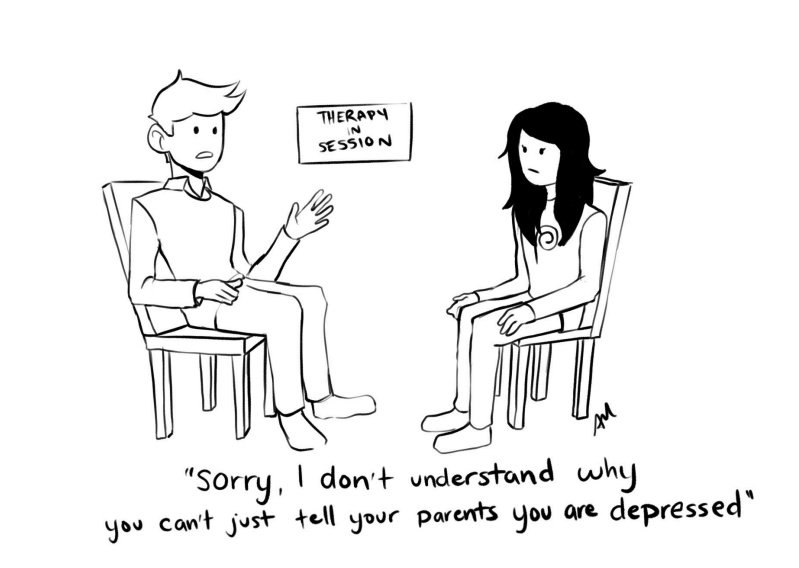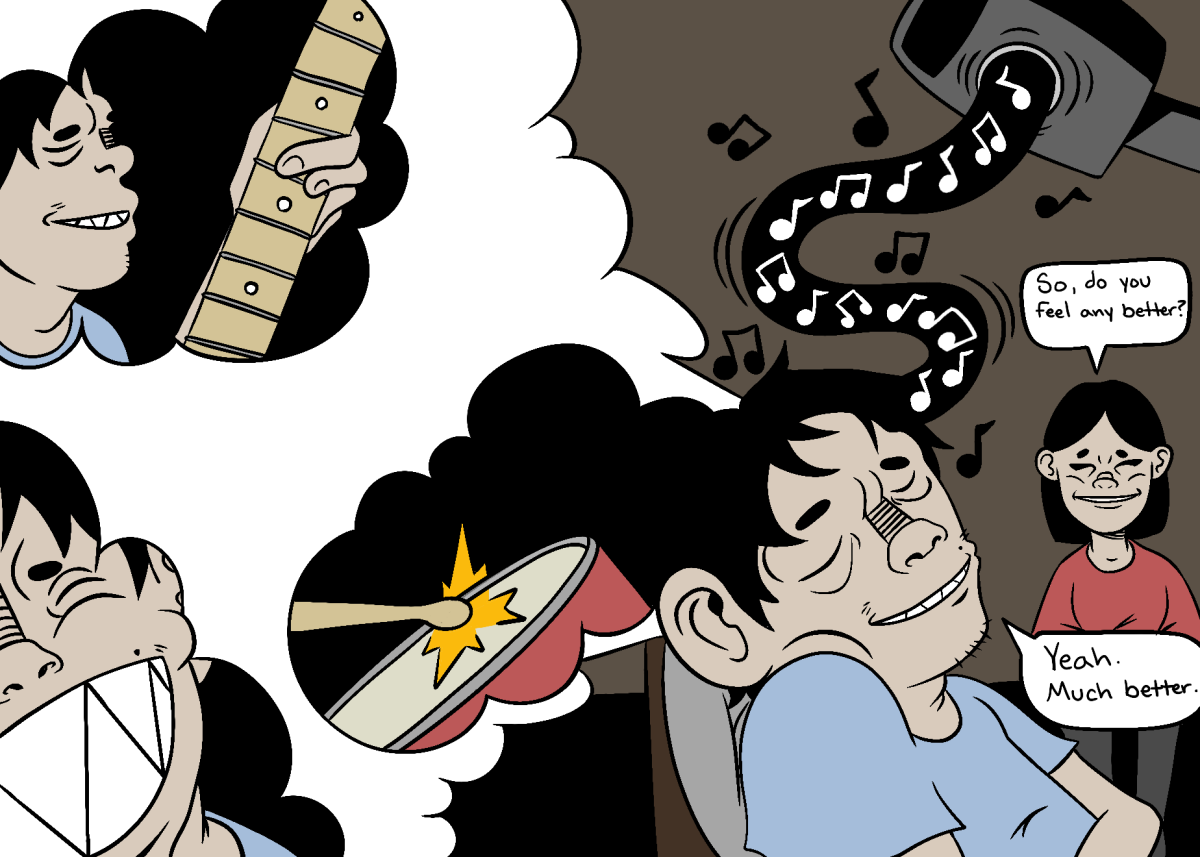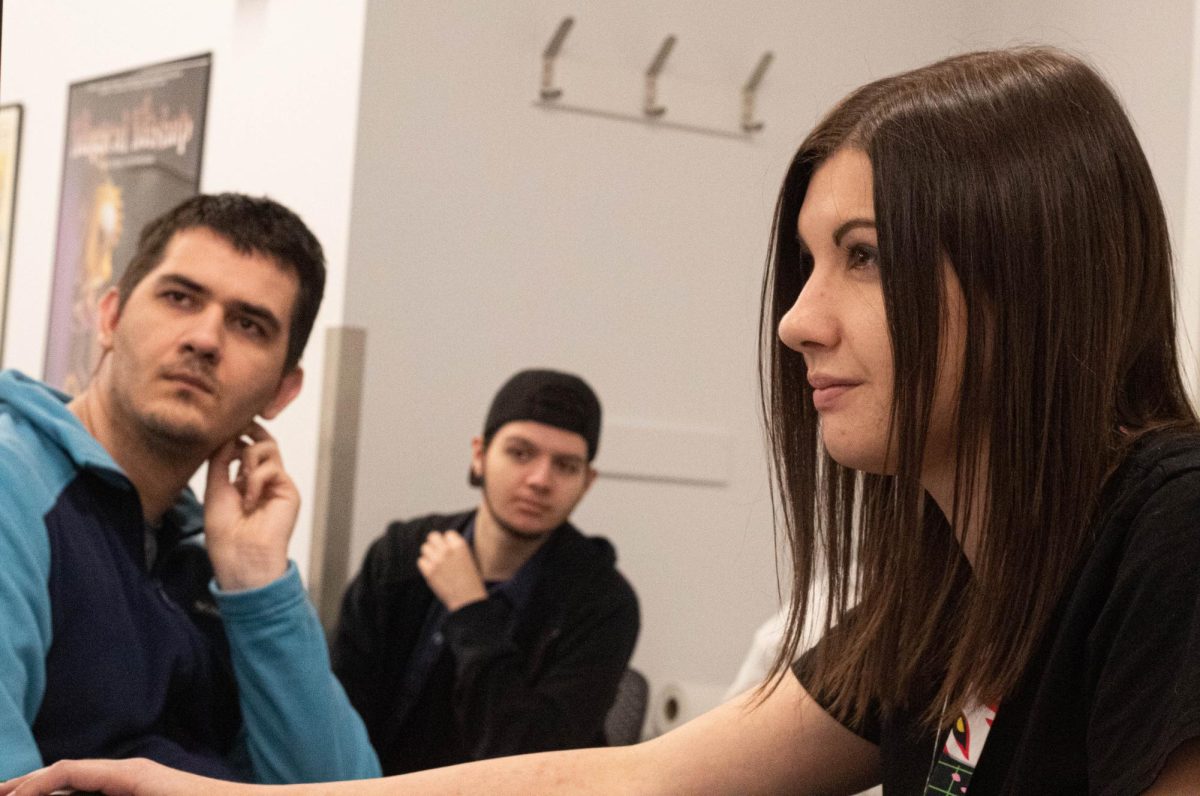MENTAL HEALTH ISSUE
Conversations around mental health are becoming less stigmatized and more mainstream.
This is a major positive in working toward helping people in all circumstances care for their mental health.
The problem with these conversations is that, oftentimes, the solutions raised to help ease mental health hurdles solve a symptom of the issue and do not get to the root cause.
The American Psychological Association reported that 91% of young adults in Generation Z have said they have felt at least one physical or emotional symptom relating to anxiety, depression or stress.
According to the same study, the biggest stressors are issues that will be on the ballot in the upcoming presidential election. The topics include gun safety and mass shootings, climate change and the separation and deportation of immigrant families, in addition to mental health itself.
For college students specifically, it’s hard to find the time to peel back the layers and dive into our own mental and emotional health when many of us are also trying to juggle school, jobs and internships, relationships and post-graduation plans.
At Columbia, the seven-week adjunct faculty strike and an ongoing deficit also has impacted us, hanging over the college like a dark cloud.
For the last print edition of the Chronicle this year, we are focusing on mental health but also on cutting through the nuances, giving it a name and showing solutions to some of the challenges of mental health in real-time.
The Chronicle was awarded a grant from the Solutions Journalism Network, an organization working to shift the journalism landscape to report out solutions, not just the issues, to produce solid reporting on solutions to some of these issues.
In this issue, we dig into different issues that revolve around mental health. We dive into the ways that the college, students and organizations around the city are working to solve the mental health issues that so many people face every day.
Thank you to the Solutions Journalism Network for your funding and support on this project, helping us report on solutions to these problems and hopefully helping our community.
Within these pages, we’ve reported on how Columbia has started a counseling initiative that pairs students with counselors who share a culture with them to help cultivate stronger connections and foster conversations.
We have written about the toll financial stress and class workloads have on one’s mental health and the unique worries seniors experience.
We reported on the positive ways that playing video games can actually benefit someone’s mental health; the Chronicle partnered with Interactive Arts and Media students to create a game that specifically tackles this issue, which will premiere at this year’s Manifest celebration.
As a newsroom filled with journalists, photographers and illustrators, our mission is to serve the Columbia community during the hard times.
We hope with this issue, we’re producing news you can actively use no matter what.
Copy edited by Lily Thomas.









